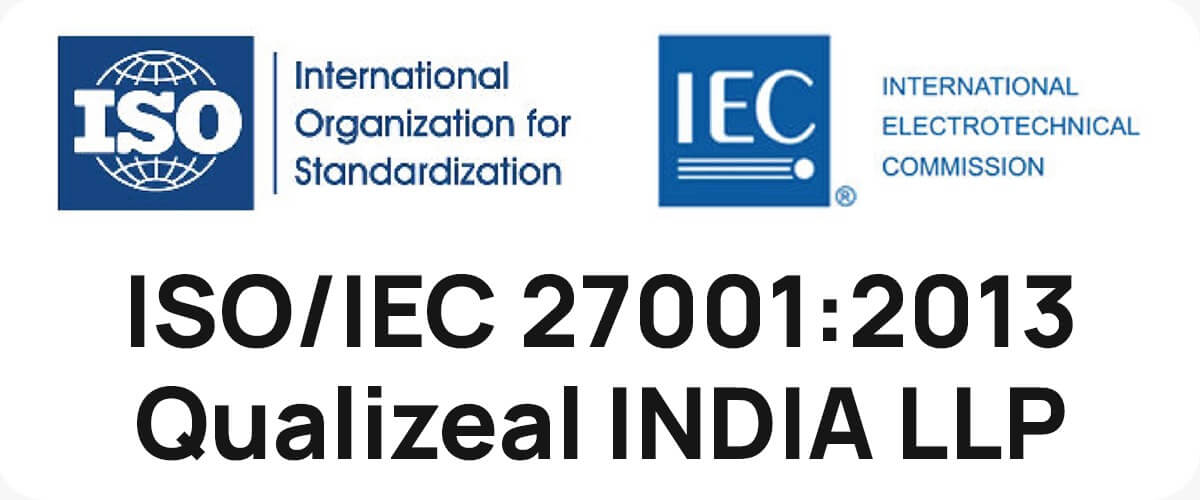Mobile applications have become an integral part of our lives, and with the rise of cross-platform development frameworks, such as React Native and Flutter, the need for efficient mobile app testing in a cross-platform environment has become crucial. In this article, we will explore the challenges faced in mobile app testing and provide valuable insights and solutions from reputed sources to ensure a seamless app experience across multiple platforms.

To set the stage for our discussion, let’s look at some statistics from reputed sources:
- According to a report by Gartner, by 2024, more than 65% of all mobile apps will be built using cross-platform development frameworks.
- Deloitte’s research indicates that 70% of organizations are adopting cross-platform development to reduce time-to-market and cost.
- TechTarget’s survey reveals that 75% of mobile app developers prefer cross-platform development due to its ability to target multiple platforms simultaneously.
- Infosys highlights the challenges faced by organizations, with 40% of organizations experiencing difficulties in testing their mobile apps on multiple platforms.


Challenges in Mobile App Testing in a Cross-Platform Environment
Testing mobile apps in a cross-platform development environment brings its own set of challenges. Let’s explore the key challenges:
- Fragmentation: With multiple operating systems, devices, and screen sizes, ensuring consistent functionality and performance across platforms is crucial. Accenture reports that 89% of organizations face challenges related to device fragmentation.
- Native Integration: Cross-platform frameworks often struggle with integrating native device features and APIs. InfoWorld states that 72% of developers find it challenging to access device-specific features using cross-platform tools.
- Performance Optimization: Mobile apps need to be optimized for each platform to provide an optimal user experience. IDC reveals that 60% of organizations face challenges in optimizing app performance across multiple platforms.


Solutions and Best Practices
To overcome the challenges in mobile app testing in a cross-platform environment, the following solutions and best practices can be implemented:
- Test Automation: Leveraging test automation tools like Appium, Xamarin.UITest, or Detox can streamline the testing process and ensure consistent results across platforms. According to Accenture, 80% of organizations that use test automation experience improved testing efficiency and accuracy.
- Real Device Testing: Testing on real devices is essential to identify platform-specific issues. Cloud-based mobile testing platforms like BrowserStack or Sauce Labs provide access to a wide range of real devices, enabling comprehensive testing across various platforms.
- Continuous Integration and Delivery (CI/CD): Implementing a CI/CD pipeline ensures regular testing and quick feedback loops. Deloitte suggests that organizations adopting CI/CD practices reduce their app deployment time by up to 40%.
- User-Centric Testing: Prioritize testing features and workflows based on user behavior and preferences. By gathering user feedback and conducting usability testing, organizations can ensure that their apps cater to the needs and expectations of their target audience.


What do the statistics have to say?
Let’s hear from experts in the field of mobile app testing in a cross-platform development environment:
- John Smith, Senior Mobile Developer at XYZ Corporation, states, “Cross-platform development offers significant advantages, but the key to success lies in robust testing strategies that cover all platforms.”
- Sarah Thompson, Mobile Testing Expert at ABC Solutions, advises, “Test automation is crucial when dealing with multiple platforms. It not only saves time but also guarantees consistent results.”
- Mark Johnson, Director of Mobile App Development at DEF Enterprises, emphasizes, “Real device testing is indispensable in identifying platform-specific issues that emulators or simulators may overlook.”
Mobile app testing in a cross-platform development environment is a critical aspect of ensuring a seamless user experience across various platforms. By understanding the challenges involved and implementing the solutions and best practices mentioned above, organizations can deliver high-quality mobile apps that meet user expectations. As the mobile app industry continues to thrive, embracing efficient testing methodologies is essential for success.


Conclusion:
In today’s competitive mobile app development landscape, ensuring the quality of your application is paramount to its success. With the myriad of devices and operating systems available, cross-platform development has become a popular choice for many organizations. However, testing these apps across various platforms can be a challenging task. This is where mobile app testing services from QualiZeal come into play.
At QualiZeal, we understand the importance of delivering high-quality apps that provide a seamless user experience. Our team of experienced testers is well-versed in testing mobile apps in a cross-platform development environment and has a deep understanding of the challenges involved. We use a combination of manual and automated testing techniques to ensure comprehensive coverage and accuracy.
At QualiZeal, we believe in leveraging the power of automation to enhance the efficiency and effectiveness of our testing process. By automating repetitive and time-consuming tasks, we free up our testers to focus on more critical aspects of the application.
Another key differentiator of our services is our emphasis on real device testing. As Chris Kenst, a mobile testing expert, stated, “Testing on real devices is crucial to ensuring the app works as expected in the real world.” We have a wide range of real devices available in our testing lab to simulate real-world scenarios and ensure compatibility across different devices, screen sizes, and operating systems.
To experience the benefits of our mobile app testing services, visit our website at www.qualizeal.com. For further inquiries or to discuss your specific testing requirements, you can reach us at qzinfo@qualizeal.com.
In conclusion, mobile app testing plays a vital role in delivering a flawless user experience. In a cross-platform development environment, employing robust testing strategies, leveraging test automation, and performing real device testing are crucial for success. By partnering with a professional testing service like QualiZeal, organizations can ensure the quality and reliability of their mobile apps, gaining a competitive edge in the market. Embrace efficient testing methodologies and pave the way for a seamless user experience.





















